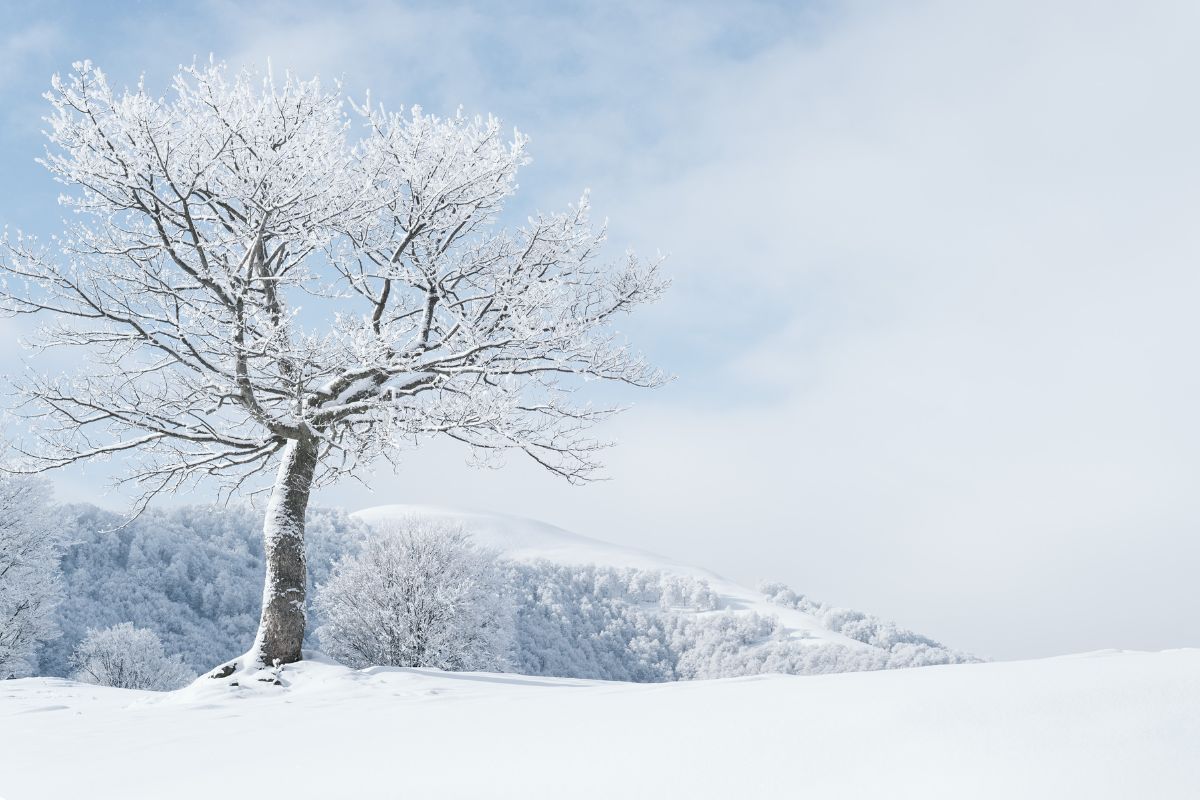Discover Chinese Wisdom from Winter Idiom Stories
How much do you know about idiom stories related to seasons? Chinese characters are profound and extensive. Each character and each phrase contains profound meanings and wisdom. This article will share several interesting winter-related idioms with you through amusing stories. I believe it will surely be helpful for your Chinese learning!

雪中送炭 (xuě zhōng sòng tàn):Providing Charcoal in Snowy Weather
During the Northern Song Dynasty in China, Emperor Taizong of Song, Zhao Guangyi, ruled the country. One winter, the weather was exceptionally cold. Heavy snowflakes雪花(xuě huā) were falling continuously, and the entire capital was covered in white, like a world wrapped in silver. But behind this beautiful snow scene were countless poor people struggling to survive in the severe cold. They lacked warm clothing and sufficient food, and their houses were simple and difficult to withstand the bone-chilling cold.

雪花 (xuě huā), noun, snowflakes
Examples:
- The snowflakes are dancing in the air.
雪花在空中飞舞。
xuě huā zài kōng zhōng fēi wǔ 。 - Big snowflakes are falling from the sky.
大片的雪花从天空飘落。
dà piàn de xuě huā cóng tiān kōng piāo luò 。
Emperor Taizong cared about the people and was well aware of their hardships. He immediately ordered the Prefect of Kaifeng to organize personnel and take charcoal and food to the homes of the poor people throughout the city. When the officials entered those dilapidated houses with these supplies, the people were extremely grateful. The red-hot charcoal not only warmed their bodies but also their hearts.
From then on, the idiom "providing charcoal in snowy weather" spread and is used to describe providing material or spiritual assistance when someone is in urgent need.

程门立雪(chéng mén lì xuě)Standing in the Snow before Master Cheng's Door
During the Northern Song Dynasty, there was a young man named Yang Shi in Jiangle County, Fujian Province. He was intelligent and fond of learning since childhood, having a strong desire for knowledge. When he grew up, he was determined to become a disciple of the renowned scholars Cheng Hao and Cheng Yi at that time and study Confucian classics. Later, he was fortunate to become a disciple of Cheng Hao and studied under him for many years, making significant progress in his studies.
After Cheng Hao's death, Yang Shi did not stop his pursuit of learning. He went to Luoyang and became a disciple of Cheng Yi. One day, Yang Shi and his classmate You Zuo went to visit Cheng Yi. It was the middle of winter, with heavy snowflakes fluttering in the sky and a bitter cold寒冷的(hán lěng de) wind blowing, which felt like a knife cutting on the face. When they arrived at Cheng Yi's home, they found the teacher meditating and resting in the room. Yang Shi and You Zuo did not have the heart to disturb the teacher and quietly stood outside the door and waited.

寒冷的 (hán lěng de), adjective, cold
Examples:
- It's a cold day today.
今天是寒冷的一天。
jīn tiān shì hán lěng de yī tiān 。 - The cold wind blew through the street.
寒冷的风吹过街道。
hán lěng de fēng chuī guò jiē dào 。
The snow kept falling heavier and heavier, and soon their bodies were covered with thick snow, like two snowmen. But they remained motionless and patiently waited for the teacher to wake up. After a long time, Cheng Yi finally woke up. When he saw the two students standing in the snow outside the door, he was deeply moved.
From then on, the story of "standing in the snow before Master Cheng's door" has become a model of respecting teachers and attaching importance to education, passed down to this day, inspiring countless later generations to respect their teachers and study diligently.
囊萤映雪(náng yíng yìng xuě ):Reading by the Light of Bagged Fireflies and Reflected Snow: The Winter Studying of Poor Students

During the Jin Dynasty, there were two young people from poor families but were diligent and eager to learn. One was named Che Yin, and the other was Sun Kang. Che Yin's family was poor and often could not afford lamp oil. At night, his home would be pitch-dark, making it impossible to read and study. But Che Yin did not give up because of this. He racked his brains and finally came up with a solution.
On a summer night, Che Yin saw many fireflies fluttering in the air, emitting a faint light. Che Yin had an idea. He found a white bag and caught many fireflies and put them in the bag. The light emitted by the fireflies in the bag, although weak, was enough for him to see the words in the book at night. Thus, Che Yin studied hard by the light of these fireflies.
Sun Kang lived in a place where winter nights were long. Every night, he also worried because his family was poor and could not afford to light lamps. One night, Sun Kang woke up from his sleep and found that the snow outside the window was exceptionally bright under the moonlight. His heart stirred, and he hurriedly got up, took his books and went outside. Under the faint light reflected by the snow, Sun Kang read voraciously. Although the cold weather numbed his hands and feet, he still persisted.

Later, people combined the stories of Che Yin "bagging fireflies" and Sun Kang "reading by reflected snow" to form the idiom "reading by the light of bagged fireflies and reflected snow", which is used to describe the spirit of studying hard despite being from a poor family.
It seems that these idioms are not just simple combinations of words but vivid depictions of the wisdom, morality, and spirit of the ancients. I hope that after understanding these stories, everyone can appreciate the charm of the Chinese language more deeply and make greater progress in Chinese learning!